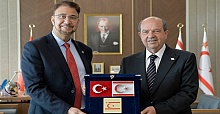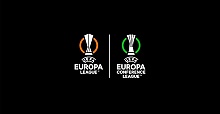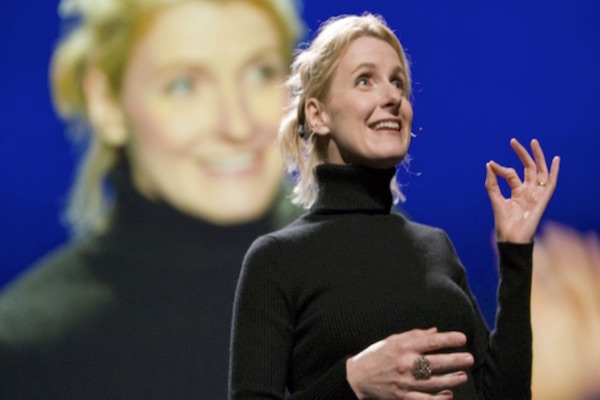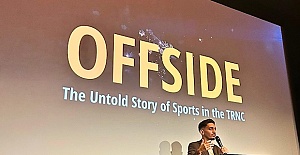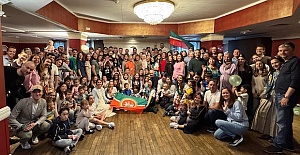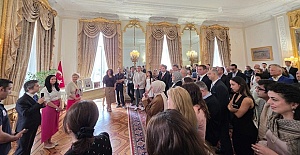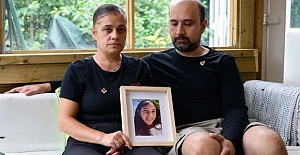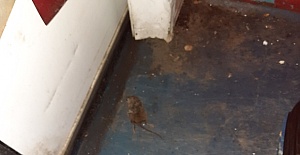Gilbert’s Big Magic is undoubtedly a self help book, in fact, she states that fact clearly. Its message is cast in a light of positivity at all times; can this be annoying at times? Sure it does but after all, it is a self help book and an interesting one which develops momentum as you follow her thought process and further broken down chapters that lead onto mini subplots. From encouraging statements, inciting courage in any creative endeavor to acknowledging magical powers beyond our corporeal realm, Gilbert covers it all in this book.
Starting with the concept of courage befits any beginning, how can any artist pursue any form of work without it? Even if it is a phony courage, it is still needed. Gilbert quotes the poet Jack Gilbert (not related) who states that without bravery “…they would never be able to realize the vaulting scope of their capacities. Without bravery, their lives would remain small- far smaller than they probably wanted their lives to be.” Of course many people fear the creative path; failure can result in poverty, humiliation and a self imposed trap in failure.
She discusses the concept of genius as if it were an external entity that does not belong to one artist but in fact has the potential to fleet from one artist to another. Such is this ephemeral phenomena, it can even transmit a singular idea from one artist to another when one has not been able to see a concept through. Nothing is wasted this way and this in itself is a form of magic. Gilbert quotes Boris Paternak here, “No genuine book has a first page. Like the rustling of the forest, it is begotten God knows where, and it grows and it rolls, arousing the dense wilds of the forest until suddenly… it begins to speak with all the treetops at once. Gilbert’s message here is, do not rely on your muse, you must learn to function just as well when it has left the inner building of its human host. No matter what, find a way, even when it doesn’t really belong to you.
When it comes to furthering education in order to become a writer, Gilbert is rather skeptical in the parting of money as the outcome is rather hit and miss. After all, can an institute truly guarantee success? Well no, of course not but the same can be said when studying other subjects but due to writing being so subjective, it is unquestionably unreliable but in turn, may be good for making contacts. Or finally realizing you need to be looking at another career path. By no mean give up writing but do learn to understand you will be very poor and broken if you try to further your writing desire. She quotes the great American poet Walt Whitman, “Ascend no longer from the text book!” Gilbert even suggests taking up an affair with your creativity, to do as you would do with a secret lover; steal time to be alone together and ignite your passion to prevent it from turning stale and becoming a burden.
Through much advice divulged by Gilbert and there is a vast amount of it, her clearest and maybe one of her most important shreds of advice is not to try and be the best, to not become a writer for fame and wealth for such factors will stunt your creativity. By saying this, she frees the creative of their self administered shackles and casts them to the side. Perfectionism is also a hinderer of progress, particularly when it comes to women, is this why the cannon is so male dominated and female awards have to be formed? This is a fascinating read, the complete and utter opposite of Stephen King’s writer’s guide On Writing where perfectionism and the killing of darlings is a must.



 CTCA UK Condemns the Political Forcing Out of Afzal Khan MP for Engaging with Turkish Cypriots
CTCA UK Condemns the Political Forcing Out of Afzal Khan MP for Engaging with Turkish Cypriots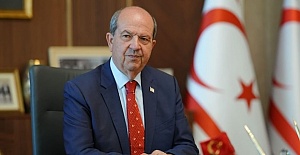 Tatar: “Reaction to MP’s TRNC visit is yet another stark example of the Greek Cypriot leadership’s primitive and domineering mentality”
Tatar: “Reaction to MP’s TRNC visit is yet another stark example of the Greek Cypriot leadership’s primitive and domineering mentality”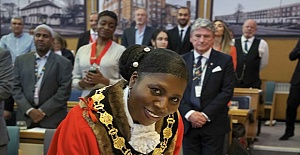 Margaret Greer has been sworn in as the new Mayor of Enfield
Margaret Greer has been sworn in as the new Mayor of Enfield Prime Minister Keir Starmer's 2025 Easter message
Prime Minister Keir Starmer's 2025 Easter message Team Enfield ranks fifteenth the in London Youth Games
Team Enfield ranks fifteenth the in London Youth Games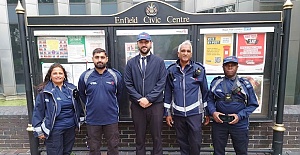 Parking enforcement boosted with more officers on patrol in Enfield
Parking enforcement boosted with more officers on patrol in Enfield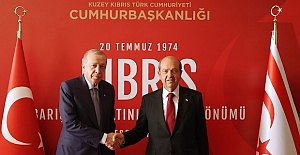 Ersin Tatar meets with President Erdoğan
Ersin Tatar meets with President Erdoğan President Ersin Tatar Holds Ministerial-Level Meeting with UK Minister for Europe
President Ersin Tatar Holds Ministerial-Level Meeting with UK Minister for Europe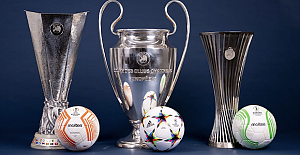 UEFA Europa League and UEFA Conference League draws to be combined into one single show
UEFA Europa League and UEFA Conference League draws to be combined into one single show EuroLeague schedule for 2025-26 season announced
EuroLeague schedule for 2025-26 season announced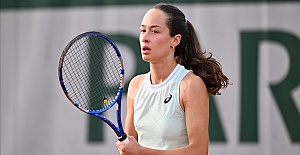 Zeynep Sonmez becomes first Turkish tennis player to reach third round at Wimbledon
Zeynep Sonmez becomes first Turkish tennis player to reach third round at Wimbledon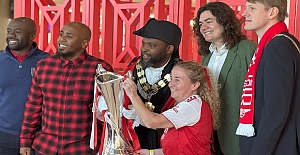 European champions Arsenal Women will play all of their league matches at the Emirates Stadium
European champions Arsenal Women will play all of their league matches at the Emirates Stadium Enfield Labour welcomes the completion of A10 average speed cameras extension.
Enfield Labour welcomes the completion of A10 average speed cameras extension. TfL opens 2025 grants for community groups to encourage more walking, cycling and active travel in the capital
TfL opens 2025 grants for community groups to encourage more walking, cycling and active travel in the capital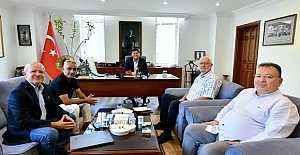 Fethiye Launches International Digital Tourism Campaign with UK-Based Publisher
Fethiye Launches International Digital Tourism Campaign with UK-Based Publisher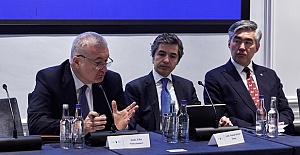 Highlights from the 3rd Trans-Caspian Connectivity Conference in London
Highlights from the 3rd Trans-Caspian Connectivity Conference in London

